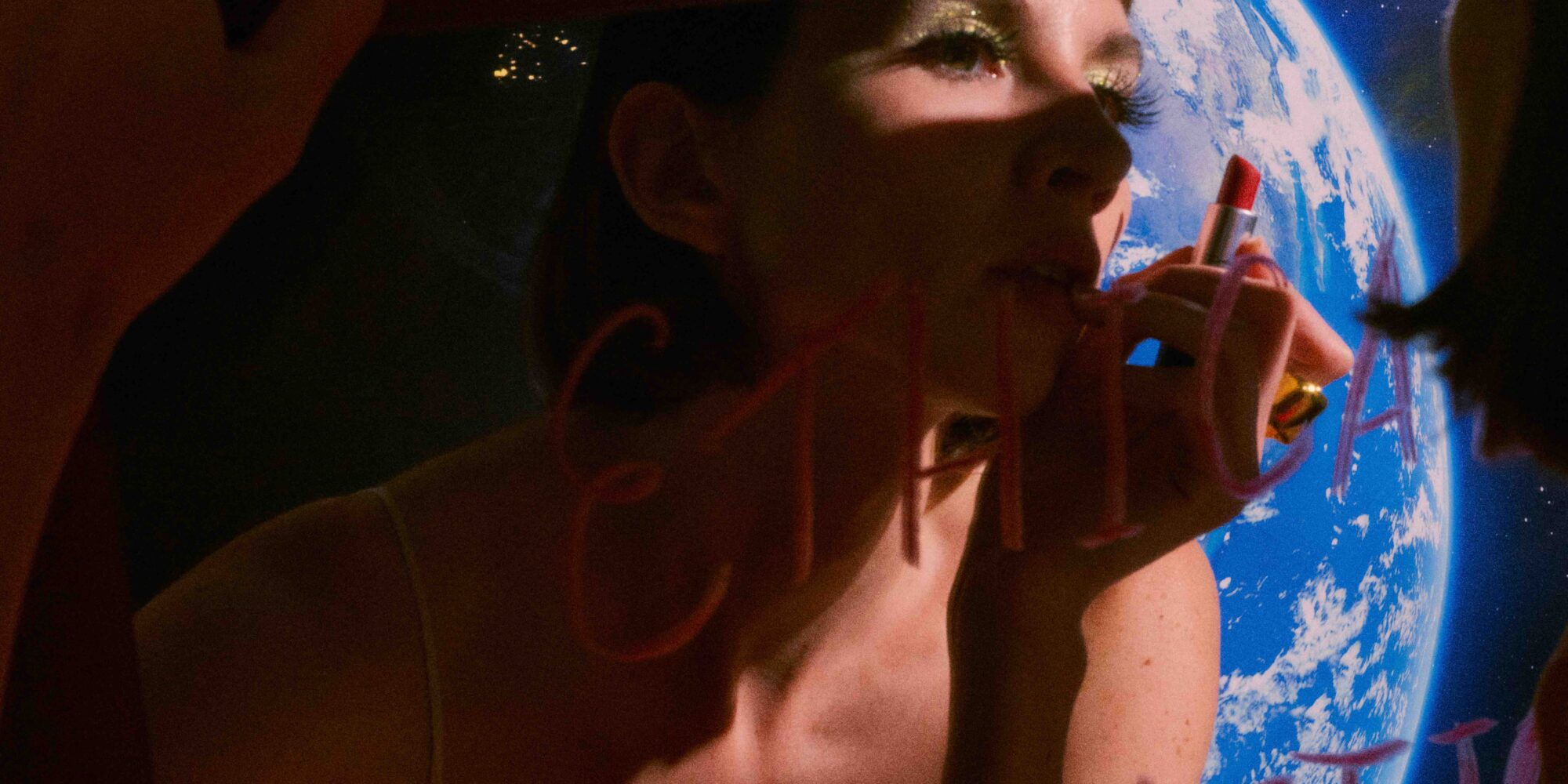
This New Organization Is Calling On The Beauty Industry To Get Serious About Sustainability
In her years at beauty companies and in communications, Avigon Paphitis, who formerly held positions at Beautycounter, Youth To The People and Seen Group, witnessed sustainability efforts succumbing to the drive for profits and scale.
“If you split up a company into individuals, the individuals might want to do the right thing, but it’s really hard for one individual to speak out. When you do, it’s almost like you’re not drinking the Kool-Aid,” she says. “I thought it would be easier for me to make more of an impact and get my friends and ex-colleagues involved if I did it independently and not associated with a brand.”
To make an impact from the outside of beauty companies, Paphitis has started the philanthropic organization Ethical Cosmetics. Its mission at the outset is to bring together creative people such as artists and writers to highlight key sustainability topics. In the long term, its goal is to fight for governmental policies that put environmental standards in place for beauty products. Melbourne-based Paphitis is the daughter of Aesop founder Dennis Paphitis, but Aesop isn’t affiliated with Ethical Cosmetics.
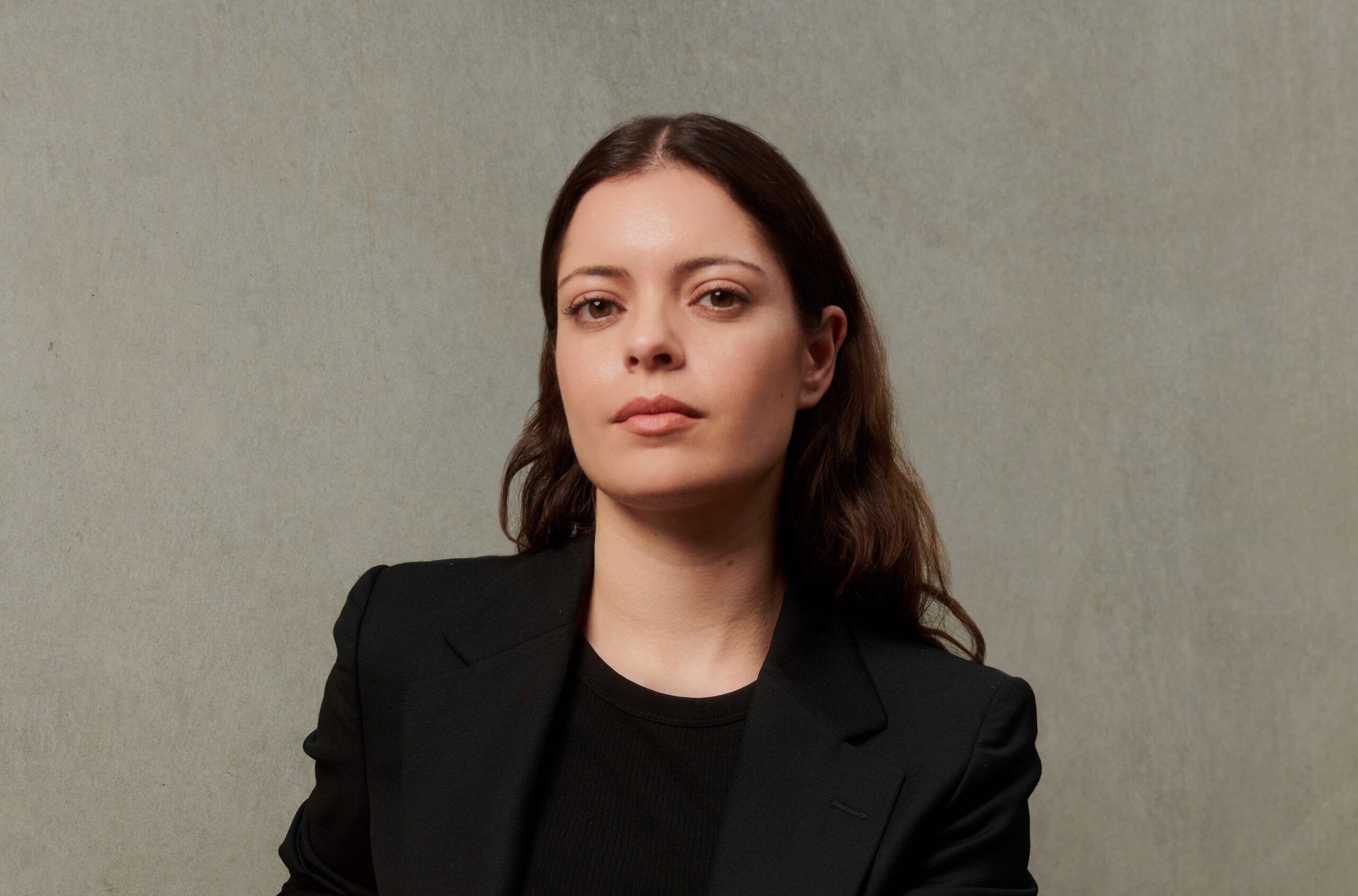
“Ethical Cosmetics is a direct response to the climate crisis, and it’s a call to action for us as an industry, myself included, to update industry practices,” she says. “It really functions as a community to inspire the industry to change, have resources available and be connected with the right people if they need support. Additionally, it’s for creatives to have a voice. They can use their creativity to shine a light on these issues.”
Greenwashing is the first topic Ethical Cosmetics is shining a light on. It’s tapped four photographers—Lilli Waters, Nicolas Menu, Robin Stein and Sasha Lytvyn—with portfolios chock-full of commissions from major fashion and beauty companies like Sephora, Chanel, Hermès, Lancôme and Estée Lauder to come up with images and videos depicting greenwashing through their lens.
In tandem with art director Cristina Guerrero, Waters, for example, produced a series called “Discarded Beauty” that Ethical Cosmetics describes on its Instagram account as capturing “synthetic matter left behind by beauty rituals.” “We were inspired by the visual language used within the cosmetic industry,” Waters and Guerrero shared with Ethical Cosmetics about “Discarded Beauty.” “This series features the hidden materials that will remain, lying in landfill and becoming part of the natural landscape of the Anthropocene.”
“Ethical Cosmetics is a direct response to the climate crisis, and it’s a call to action for us as an industry.”
Along with conveying crucial topics, the art gives Ethical Cosmetics a unique visual identity in an industry in which visuals are important. Paphitis says, “If I launched Ethical Cosmetics and it looked like another nonprofit with green branding, the industry wasn’t going to take note.”
Around the holidays, the second topic it will shine a light on is excessive consumption. The organization expects to focus on a new topic every three months or so. Discussing the holiday focus on excessive consumption, Paphitis says, “There’s a disconnect between messages and the behavior of brands. I love the beauty industry, and I’m definitely a girl who loves to go to stores and try the latest launch. I’m not someone who uses just two products, and I struggle myself with how to navigate being responsible and supporting brands doing better whilst having the kind of experience I want.”
Ethical Cosmetics has basic details explaining what it is on its landing page today, but its full website is scheduled to go live in about five weeks. The website is intended to be a one-stop shop for resources the organization is collecting and its various projects. Among those projects will be conversations with industry leaders. A forthcoming conversation will be with makeup artist Christy Coleman, previously head of creative design at Beautycounter.
https://www.instagram.com/p/ChO9bJ4BWSA/
Paphitis plans to fund Ethical Cosmetics for a year with her personal savings. Currently, she’s providing marketing, product innovation and branding consultation services to multiple beauty companies. Paphitis says, “I don’t feel comfortable asking for money until I have proven this can really work.” Once she proves Ethical Cosmetics’ concept, she’ll consider a variety of funding mechanisms. Government and nonprofit grants, and even funding from large beauty players or venture capital firms interested in charitable initiatives are possibilities.
With external funding, Ethical Cosmetics will be able to develop broader programs pushing for policy reforms. Paphitis believes the hodgepodge of regulations and organizational seals guiding and signifying sustainability in the beauty industry isn’t sufficient to move the needle for the environment. “I think there should be stricter regulations, and they should be enforced by governments,” says Paphitis. “I don’t really think change happens unless it’s regulated.”
In the meantime, she’s monitoring the sustainability promises that beauty brands make and steering Ethical Cosmetics to nudge them toward keeping their promises. “I don’t want this to be a shame type of calling out individuals. That’s not my style,” says Paphitis. “I want to be more positive about it. We can all do better. It’s just about rethinking and reframing the way we behave.”
Feature image photo credit: Sasha Lytvyn

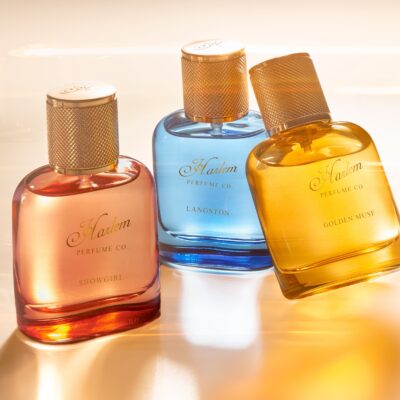
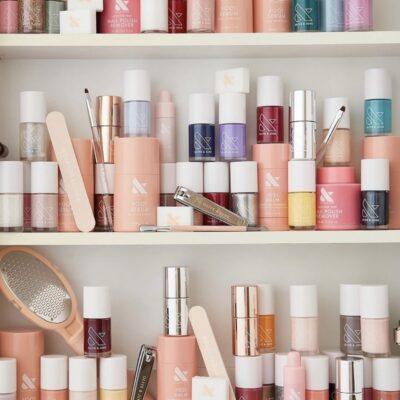
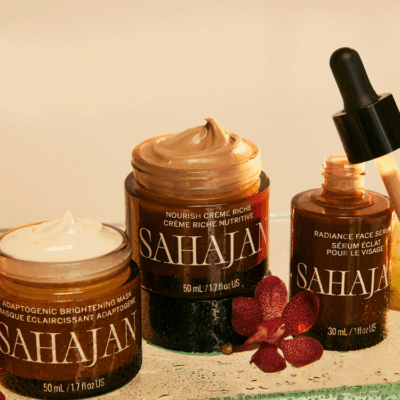
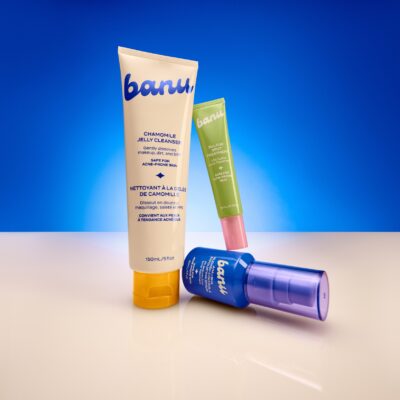
Leave a Reply
You must be logged in to post a comment.